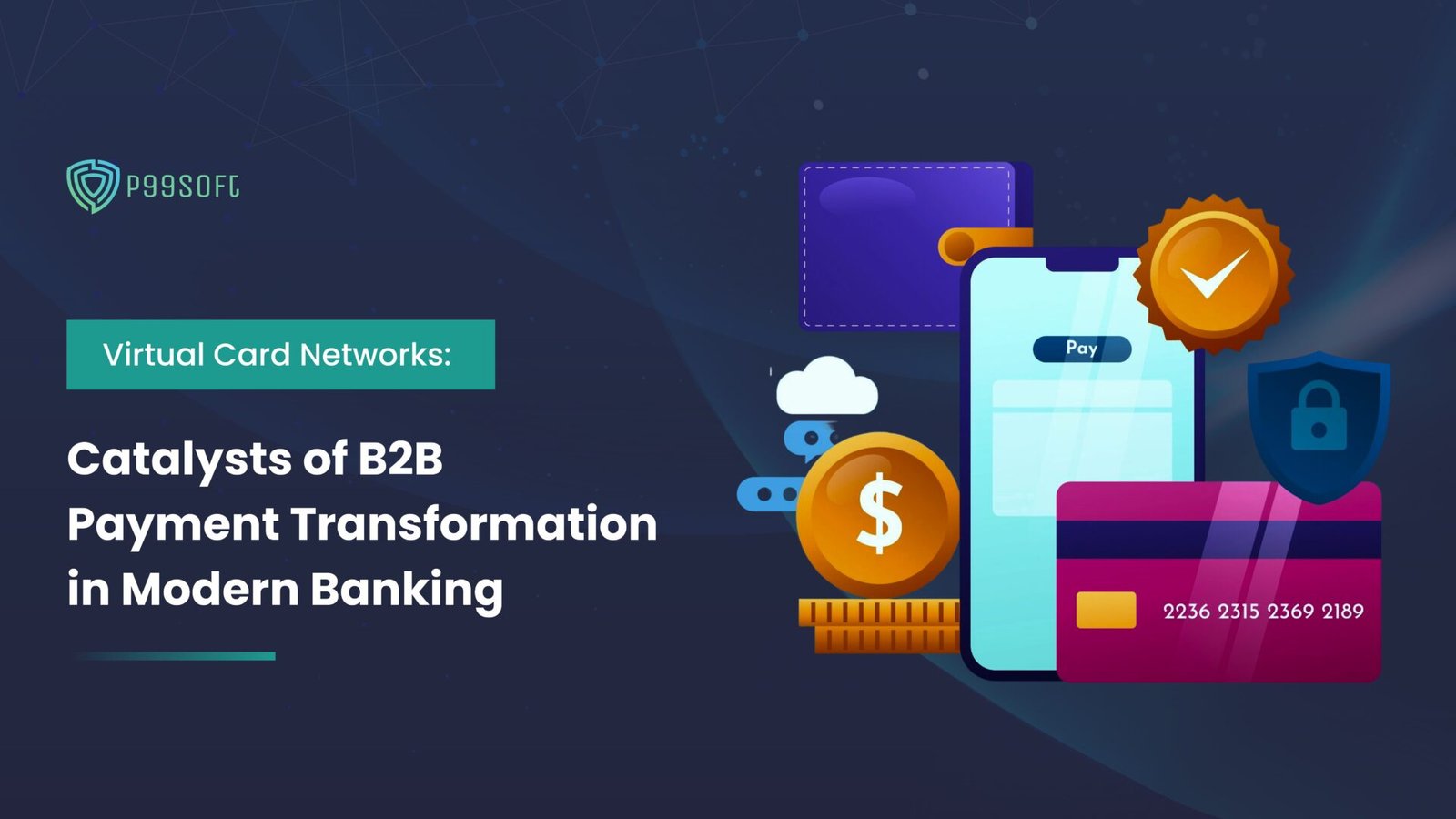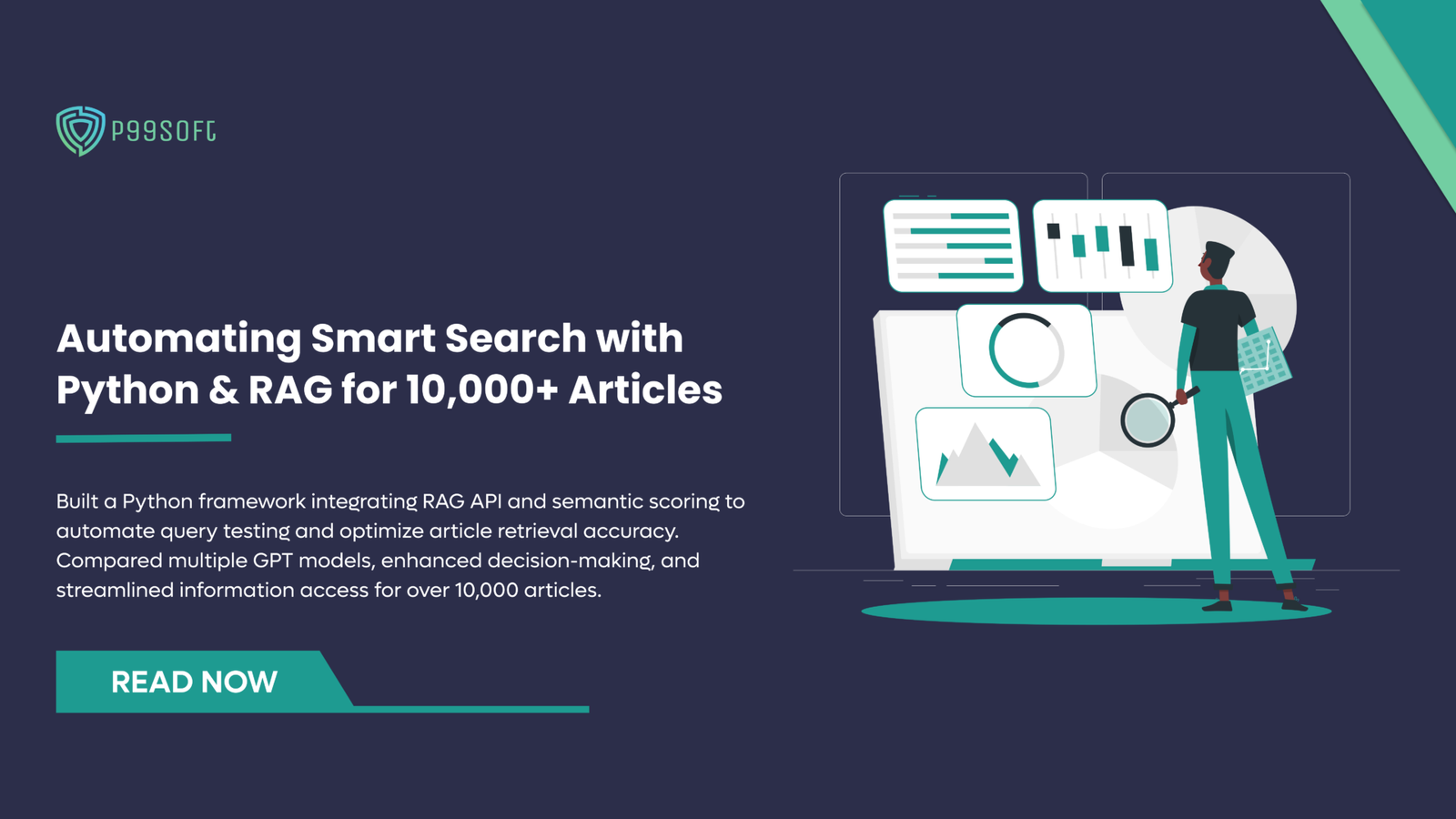Introduction:
In the fast-paced digital era of 2024, the landscape of talent management and acquisition is undergoing a profound transformation. With advancements in technology, changes in workforce demographics, and shifting employee expectations, organizations are reimagining their approach to attracting, managing, and retaining talent. In this extensive blog, we will delve into how digital transformation services is reshaping talent management and acquisition strategies, explore the challenges and opportunities that arise, and conclude with actionable insights to navigate this evolving landscape.
Understanding the Digital Transformation:
1. The Rise of Remote Work:
• Challenge: Traditional talent acquisition methods focused on local hiring and office-based work models may no longer suffice in the digital age.
• Opportunity: Digital transformation enables organizations to embrace remote work and tap into a global talent pool. By leveraging collaboration tools, virtual recruitment platforms, and flexible work arrangements, companies can access top talent regardless of geographical boundaries, fostering diversity, and innovation within their teams.
2. Data-Driven Talent Acquisition:
• Challenge: Traditional recruitment processes often rely on subjective assessments and gut feelings, leading to biases and inefficiencies.
• Opportunity: Digital transformation introduces data-driven talent acquisition strategies, leveraging AI, machine learning, and predictive analytics to identify and attract the right candidates. By analyzing candidate data, performance metrics, and behavioral insights, organizations can make informed hiring decisions, improve recruitment outcomes, and enhance workforce diversity and inclusion.
3. Personalized Employee Experience:
• Challenge: One-size-fits-all approaches to talent management may fail to meet the diverse needs and preferences of employees.
• Opportunity: Digital transformation services enables organizations to personalize the employee experience, from onboarding to career development. By leveraging HRIS (Human Resource Information Systems), learning management platforms, and AI-driven recommendation engines, companies can tailor training programs, career paths, and benefits packages to individual employees, boosting engagement, satisfaction, and retention.
4. Agile Performance Management:
• Challenge: Traditional performance management systems characterized by annual reviews and rigid goal-setting may not align with the dynamic nature of modern workplaces.
• Opportunity: Digital transformation fosters agile performance management practices, emphasizing continuous feedback, goal alignment, and skill development. By implementing real-time feedback tools, OKRs (Objectives and Key Results), and 360-degree assessments, organizations can empower employees to adapt, grow, and thrive in an ever-changing environment, driving performance and productivity.
5. Enhanced Employee Wellbeing:
• Challenge: Work-related stress, burnout, and mental health issues are increasingly prevalent in today’s hyper-connected, always-on work culture.
• Opportunity: Digital transformation prioritizes employee wellbeing through wellness apps, mindfulness programs, and AI-driven stress management tools. By promoting work-life balance, offering remote work options, and fostering a culture of psychological safety, organizations can support employee health and happiness, leading to higher engagement, lower turnover, and greater organizational success.
Conclusion:
As we navigate the digital transformation journey in talent management and acquisition, it is clear that the future belongs to organizations that embrace innovation, agility, and empathy. By leveraging technology, data, and human-centric approaches, companies can attract, develop, and retain top talent in the digital age. Let us seize the opportunities presented by digital transformation services to build inclusive, resilient, and thriving workplaces for the future.
Call to Action:
Ready to embark on your digital transformation journey in talent management and acquisition? Explore the latest trends, technologies, and best practices to create a future-ready workforce and drive organizational success. Join the conversation, share your insights, and collaborate with industry leaders to shape the future of talent management and acquisition in 2024 and beyond.
Join the Conversation:
We invite you to share your experiences, challenges, and strategies in navigating the digital transformation of talent management and acquisition. How has digital transformation impacted your organization’s approach to talent management? What innovative practices and technologies have you adopted to attract and retain top talent? Let’s continue the dialogue and inspire each other to embrace the opportunities of digital transformation in talent management and acquisition.



